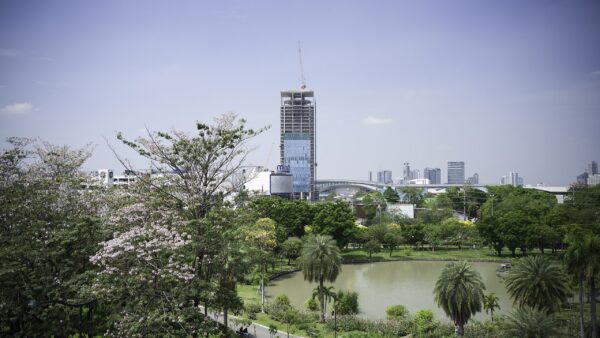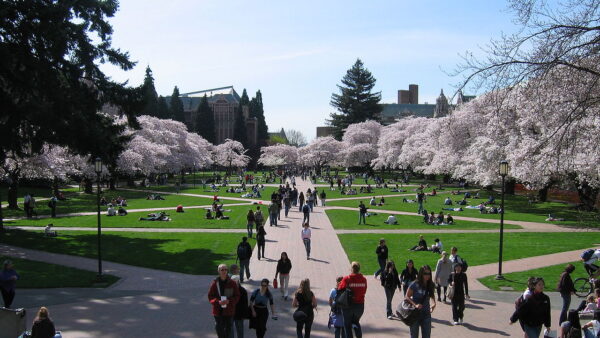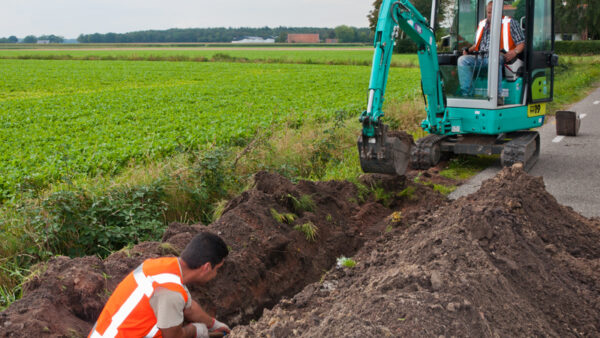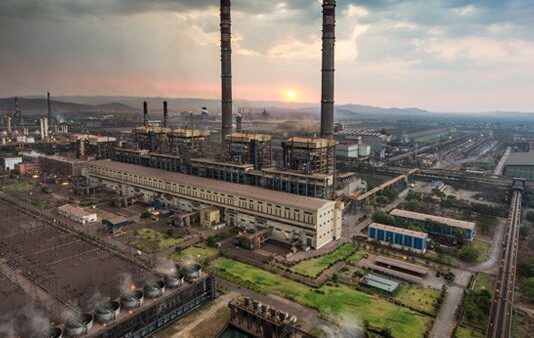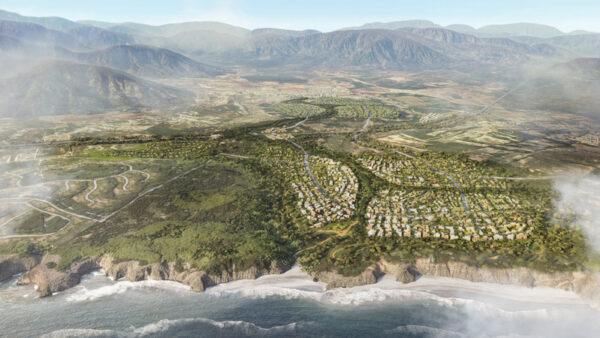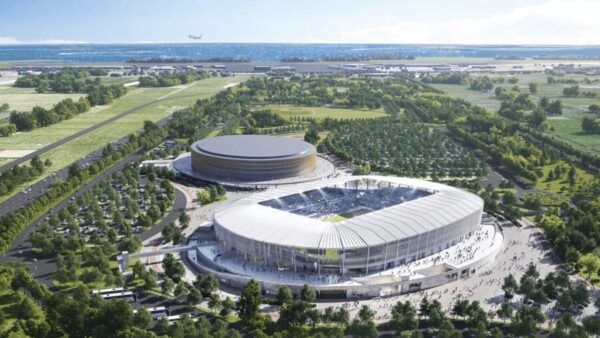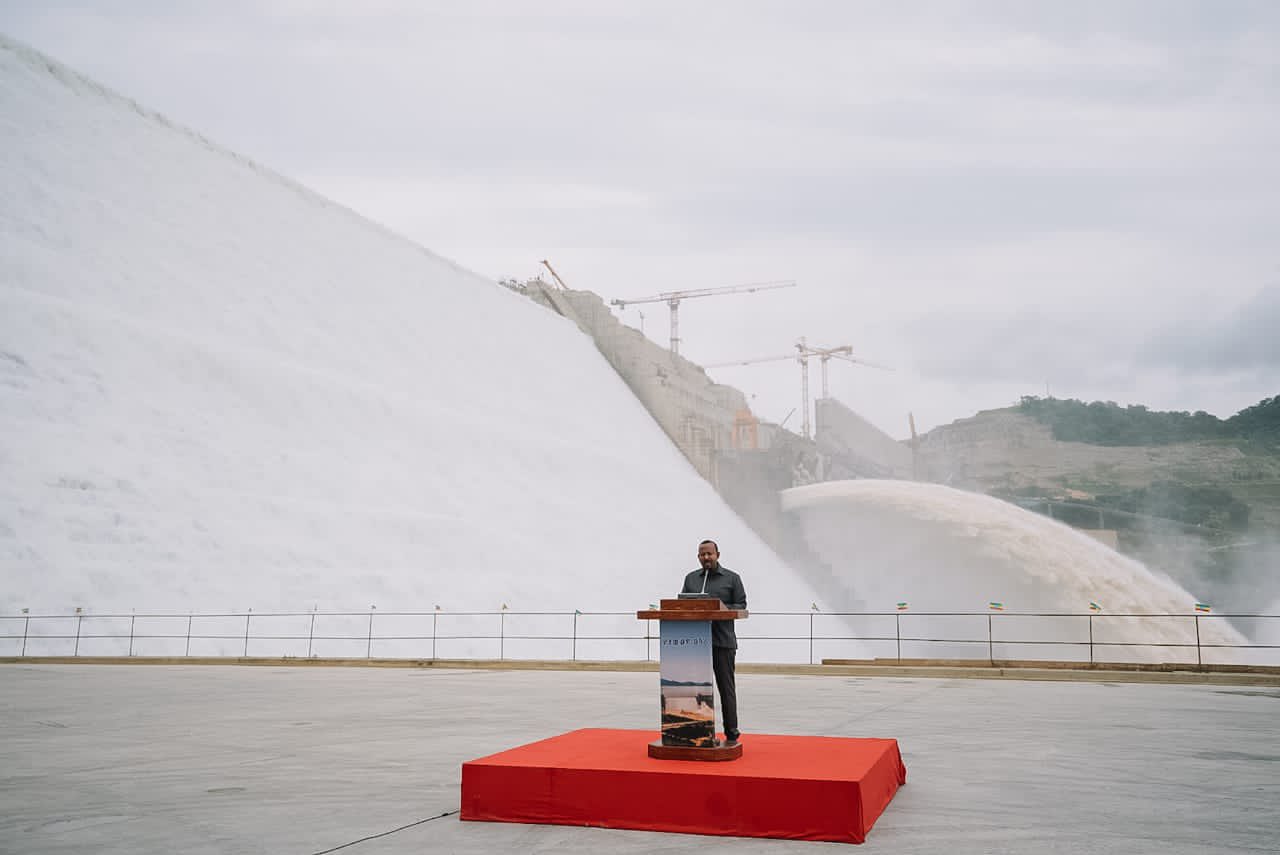
Ethiopia’s prime minister Abiy Ahmed announced the completion of the third round of filling his country’s controversial mega hydroelectric dam on a tributary of the River Nile on Friday (12 August), despite Egypt objecting to the UN Security Council over threats to its water rights.
“When we try to get the benefits we deserve, we are also thinking that Sudan and Egypt will benefit from the river. We rise with the truth, build with our own rights, based on our words, without harming anyone,” said a translated transcript of Abiy Ahmed’s address at the dam, published on the prime minister’s official Facebook account.
Egypt sees the 6GW dam, known as the Grand Ethiopian Renaissance Dam (GERD), being built by Italian contractor Webuild on the Blue Nile in Ethiopia, as an existential threat because Egyptians rely on the Nile for nearly all their fresh water.
Last week Ethiopia also turned on GERD’s second turbine, which has the capacity to generate 270MW. It turned the first one on in February this year.
The Egyptian government did not respond through official channels to Abiy Ahmed’s announcement Friday, but Egyptian foreign minister Sameh Shoukry wrote to the president of the UN Security Council on 29 July to object to Ethiopia continuing to fill the GERD without reaching agreement with Egypt and Sudan. The Ethiopian government notified Egypt of its plans on 26 July, according to Egypt’s State Information Service.
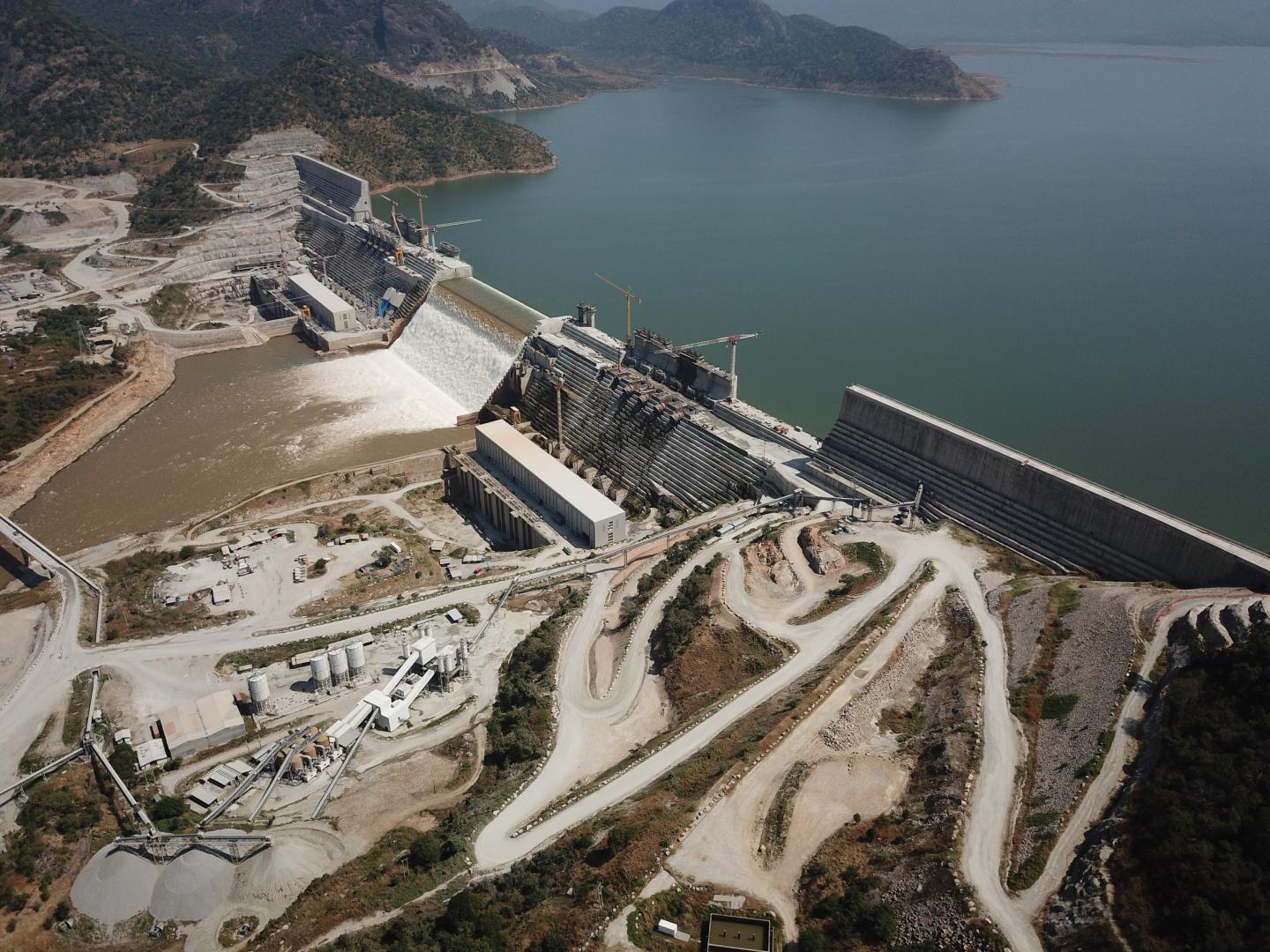
Shoukry said Ethiopia’s approach violated the 2015 Declaration of Principles Agreement and international laws protecting the water rights of downstream countries.
“Diplomacy and patience”
Ethiopia began filling the dam, which is scheduled to be completed next year, during its rainy season in 2020 and again in 2021.
Ethiopia has been arguing with downstream neighbours Sudan and Egypt about GERD since construction began in 2011. Numerous rounds of talks have failed to allay Egypt’s water concerns, including the latest brokered by the African Union.
Ethiopia sees the dam as necessary for its drive to industrialise and as a symbol of national pride. Much of the money for its construction was contributed by small donations from the population.
Although relations between Egypt and Ethiopia have been strained over the issue, Egyptian president Abdel-Fattah El-Sisi said in June that Egypt would use “diplomacy and patience”, while adding that “nobody will compromise Egypt’s [share of] water.”
Further reading:





